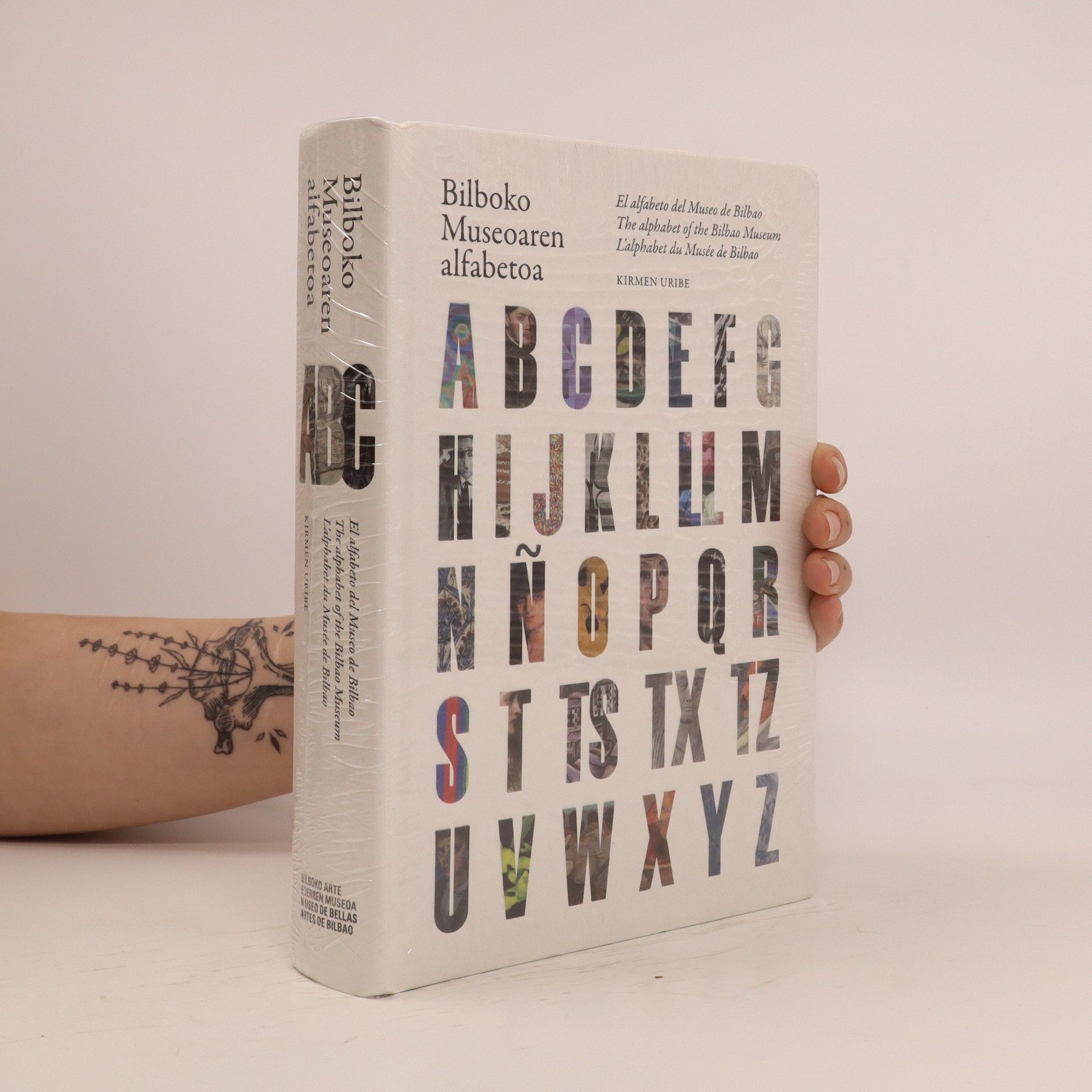Kirmen Uribe Livres
Cet auteur basque explore les thèmes de l'identité et de la culture à travers ses œuvres littéraires en langue basque. Son écriture puise souvent dans l'héritage familial et des racines profondes liées à la vie en mer, conférant une résonance authentique à ses récits. À travers son style littéraire distinctif, il capture les complexités de l'expérience humaine, les projetant sur la toile du monde. Son œuvre est appréciée pour sa profondeur et sa capacité à établir un lien avec les lecteurs tant sur le plan émotionnel qu'intellectuel.





On the day he learned he was going to die, the narrator's grandfather took his daughter-in-law to the Museum of Fine Arts in Bilbao to reveal a family-related painting. Years later, her son Kirmen explores their family's history, intertwining early twentieth-century art with tales of their ancestors' fishing experiences in the North Atlantic. The narrative flows seamlessly, interspersed with Kirmen's reflections during his travels—from airport security to the jet cabin—and insights into the creative writing process. This captivating novel earned Kirmen Uribe the National Prize for Literature in Spain in 2009. Exquisitely translated from Basque by Elizabeth Macklin, it masterfully navigates the connections between various journeys: historical and contemporary, physical and artistic, complete and ongoing. The book is part of the Spatial Species series, edited by Youmna Chlala and Ken Chen, which explores how language activates space. In the spirit of Georges Perec's work, the series features pocket-sized editions focused on unconventional spaces, emphasizing edges, alleyways, and diasporic traces rather than typical tourist destinations. This intimate exploration invites readers to engage with language and genre in innovative ways, blurring the lines between travelogue, fiction, and memoir.
La vida anterior de los delfines
- 432pages
- 16 heures de lecture
Narratiba: Mussche
- 194pages
- 7 heures de lecture
Mussche, Kirmen Uribe: Literaturarako grinaz, bizipozez amodioan, Erresistentzian borrokan, kuraiaz presoaldian... Robert Mussche idazlearen izaera eskuzabalak zirrara sortzen du, baina baita larritasuna ere. Kirmen Uriberen bigarren nobela 1937ko maiatzean abiatzen da, milaka haur Santurtziko portutik erbestera atera dituztenean.
Das Vorleben der Delfine
Roman | Eine Frau kämpft für Frieden und Gerechtigkeit
Die Ungarin Rosika Schwimmer war Anfang des 20. Jahrhunderts weltweit eine der wichtigsten Stimmen im Kampf um gleiche Rechte für Frauen und für den Weltfrieden. In den damals noch so jungen, idealistischen USA glaubte sie, den besten Nährboden für ihre Ideen zu finden. Also wanderte sie dorthin aus. Es gelang ihr fast, sogar den Präsidenten für ihre Ziele zu begeistern, bis der Faschismus in Europo in immer mehr Ländern die Oberhand gewann ... Spätestens mit dem Eintritt der USA in den Zweiten Weltkrieg ist klar: Rosika steht mit ihren Idealen allein da, wird als Kollaborateurin verfemt und angeklagt. Nach ihrem Tod versucht ihre Sekretärin und langjährige Wegbegleiterin Edyth Wynner ihr ein biografisches Denkmal zu setzen - und scheitert schon an den Unmengen Material, das sie dafür zusammen getragen hat. Das Material füllt in Kisten einen ganzen Raum der New York Public Library und scheint nur darauf zu warten, dass Uri, ein junger Baske, der gerade ein Schreibstipendium der Library bekommen hat, es und seine Heldin endlich dem Vergessen entreisst. Aber Uri ist keine Dame der vorletzten Jahrhundertwende, er ist ein junger Baske, der mit Frau und Kindern im heutigen New York mit noch ganz anderen Dingen zu kämpfen hat als zu vielen verstaubten Kisten ...